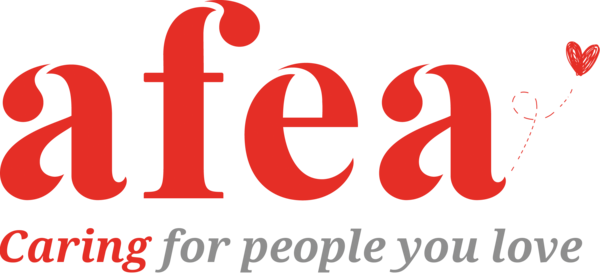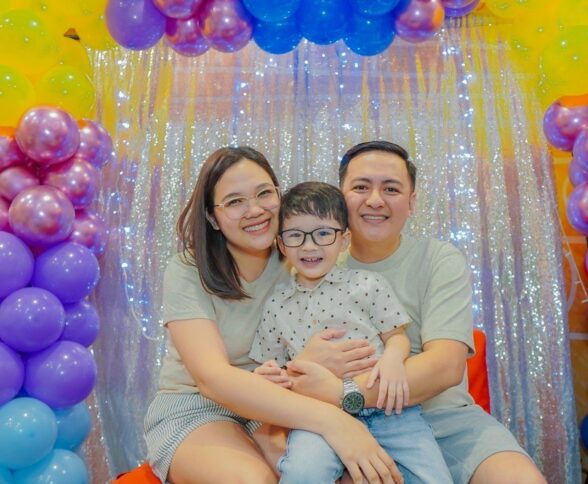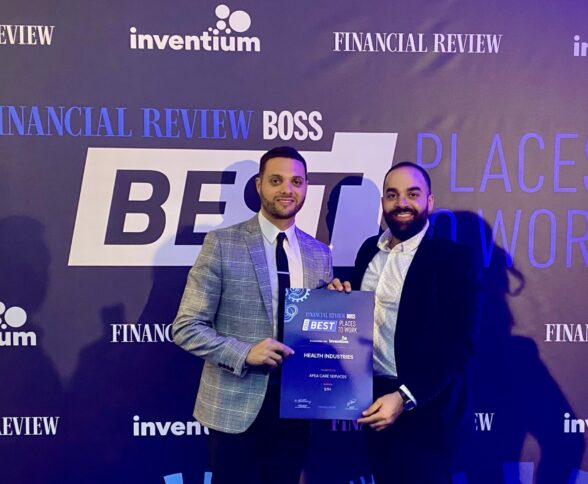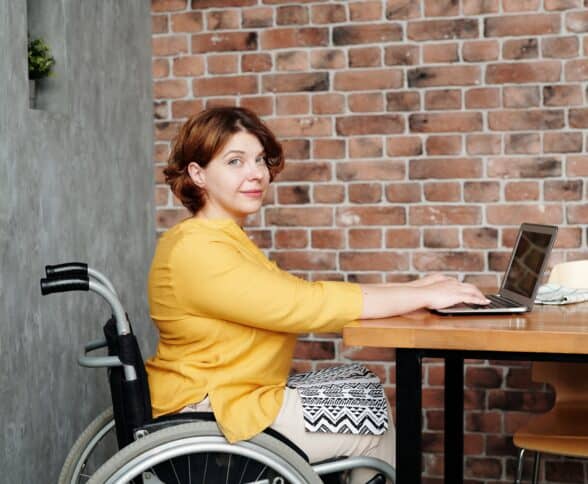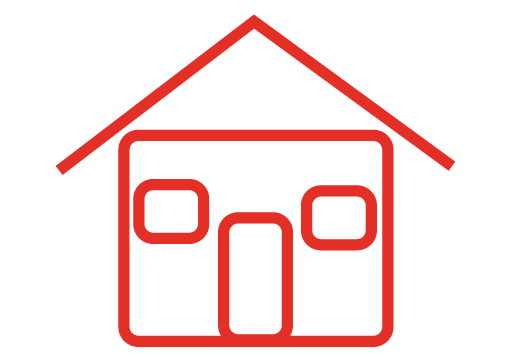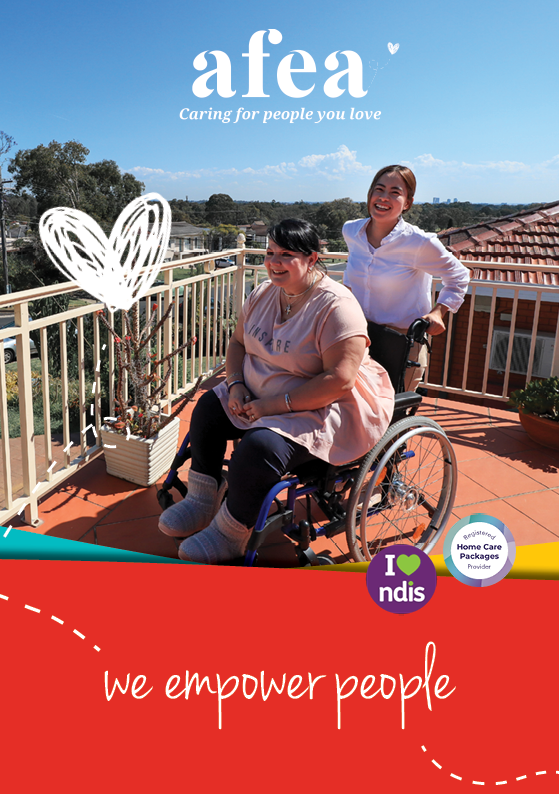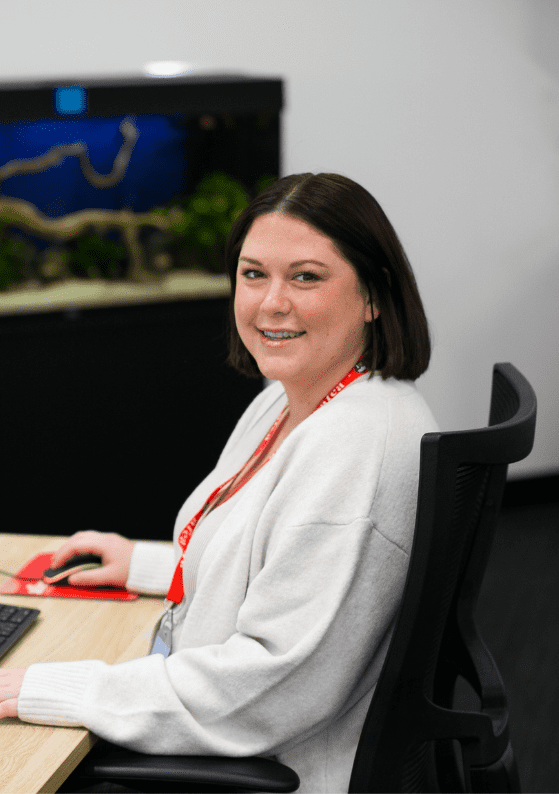How Afea Support Coordination helps her cope with brain injury
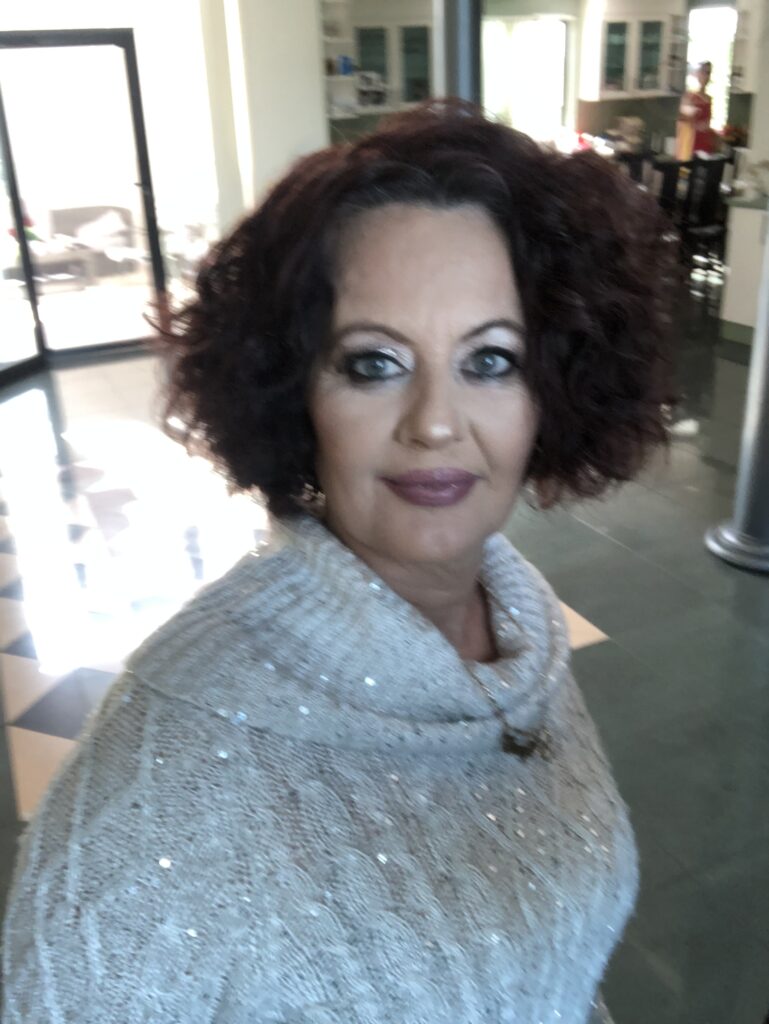
“Lucky I got a brain aneurysm and a stroke at the same time,” Nancy jokes, and explains that she needs to have a sense of humour about these things, especially since she forgets a lot nowadays.
During our phone conversation, she apologises numerous times for “going off-topic”, and seeks reassurance that she is still “making sense”.
“Sometimes I would just go on and on,” she explains.
“Let me tell you a funny story. Once, a girl from Afea came over, and I told her, ‘Let’s sit outside where we sat last time.’ The girl says, ‘But I’ve never been here before.’ I really thought she was the same person who had visited me previously. So now I had to write down the names of the people I meet or else I’ll forget.”
Brain aneurysm and a stroke
Memory problems are some of the lingering effects of Nancy’s brain injury, caused by a brain aneurysm and a stroke she suffered nine years ago, when she was 49.
“I was in a coma for three weeks. My surgeon put me at a 3% survival rate. They couldn’t believe that I pulled through. My father didn’t want me in Heaven just yet because there are still problems to sort out down here, that’s what I always say.”
She first heard about the NDIS from her psychiatrist. “I had depression, even before my stroke. After my stroke, my psychiatrist put me on two mood tablets plus an antidepressant, which helped a lot. I was telling him that it would be too much for my senior mum to take care of me. And he said, ‘Why don’t you apply for NDIS?’ At the time, I didn’t even know what NDIS stood for, or what it was.”
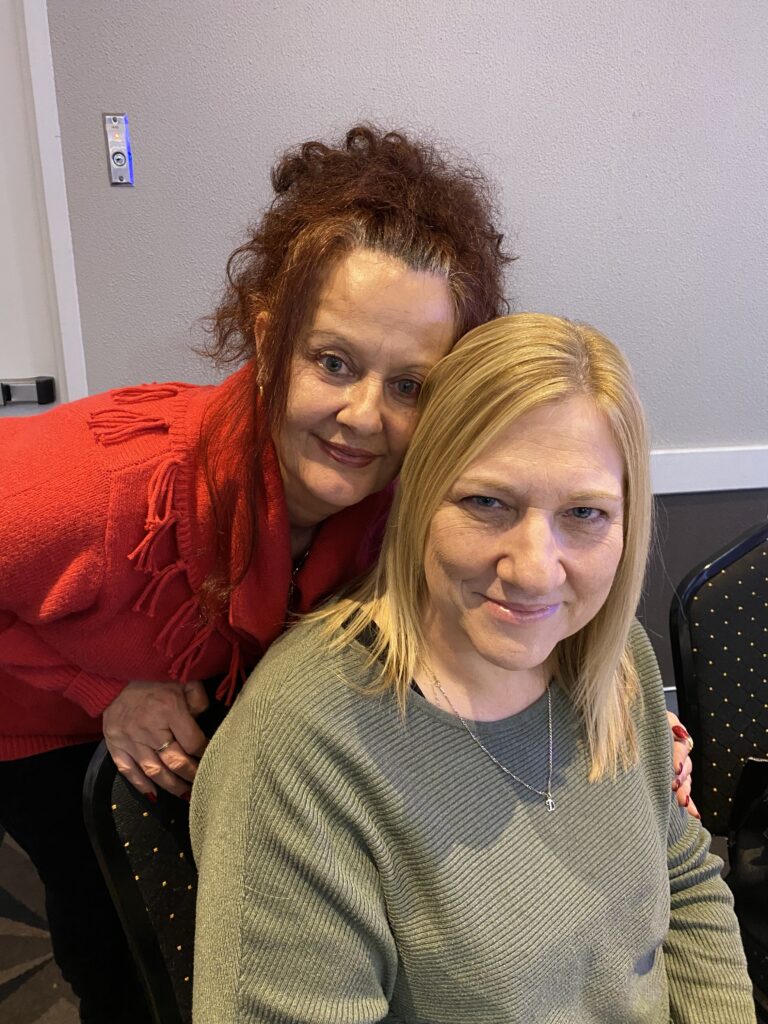
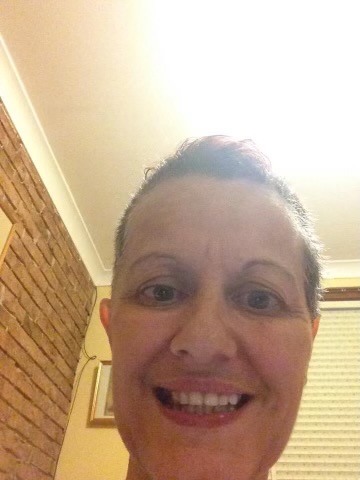
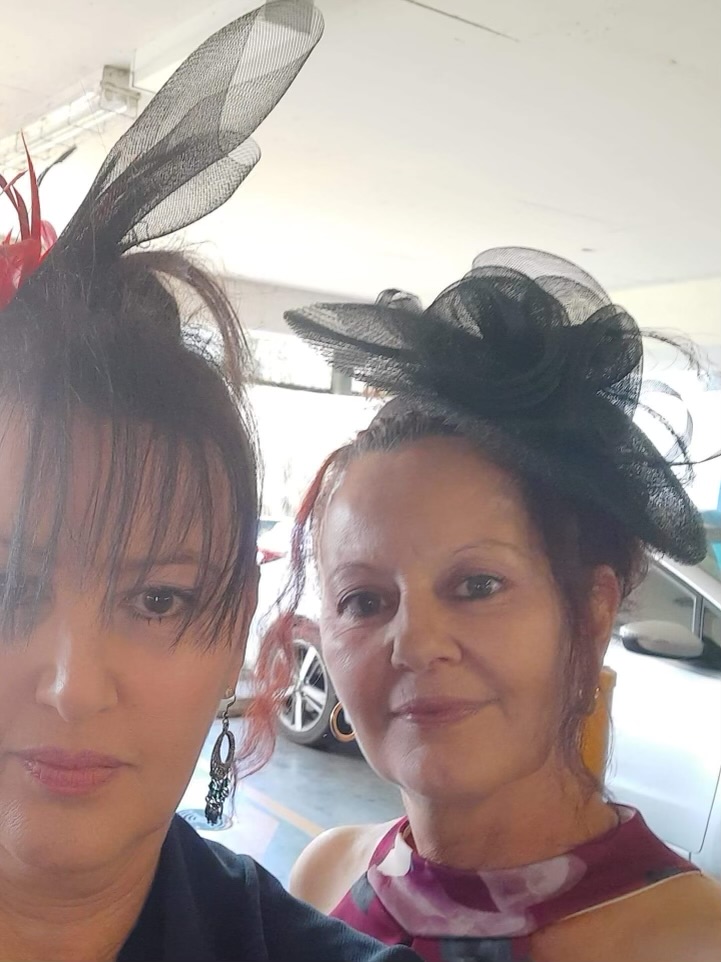
She became an Afea client shortly after her NDIS plan got approved. She currently works with Tanvi, her Support Coordinator at Afea.
‘More than 100%’
“Tanvi helps me more than 100%,” Nancy shares. “She calls me often. She tells me what’s left in my budget. I can check it on the portal myself, but every month they do my head in. For my head, it’s too much sometimes. So, every month, Tanvi rings me.”
Nancy appreciates how prompt Tanvi is in responding to her. “If I send her a message, she messages back right away. If she happens to be in a meeting, she just tells me that she’ll get back to me. Never do I have to stress. I don’t want to change providers or Support Coordinators for this reason; this is the one thing I don’t have to worry over.”
“Nancy’s been with me since the beginning,” Tanvi says. “Usually, she’ll have a lot of questions about payment because she self-manages her plan. She would always double-check with me regarding her Core supports. ‘Can I do this? Can I buy that?’ She’s independent enough to speak directly to her providers, but I have also helped mediate when she had issues with some allied health providers in the past.”
Living with brain injury
Nancy accepts that “some things, I can never, ever get back”.
“One time, I tried to cross the road on my own, and I almost got run over. I go shopping where I used to work because it’s familiar to me and I remember everything, but I can’t cross the road on my own to get to that shop.”
Despite the challenges, she continues to live a full life. She currently lives with her mother, who has a five-acre farm. “I try to do gardening every day. I feed the animals. There are 20 or so chickens and ducks outside, but there’s more on the property as it’s Mum’s business.”
Her favourite shows
She says she loves watching Home and Away, a soap opera she has been following since it commenced broadcasting in 1988. “That’s the one thing I can’t stop watching.”
How would she feel when Home and Away ends? Nancy replies, “Oh, it will never end. It will just go on forever.”
Another show she can’t stop watching is The Chase. Nancy enjoys game shows and playing brain games. She believes they saved her brain from further injury.
“After my stroke, my surgeon said I needed walking because my balance is out. So that’s physio. I never needed speech therapy. I used to do crosswords and play Scrabble. That part of my brain wasn’t affected, because I did all these things when I was younger.”
Future goals
One of Nancy’s future goals is to run a small business at home. She’s been looking into grants and programs so she can get started. “I want to concentrate on it, and also work with somebody who won’t be annoyed with me because it takes me a while to pick up on things.”
She shares that she once went to her heart specialist, who told her that “everything’s fine, start living”.
“That’s what he told me,” she says. “So that’s what I’m doing.”
Contact Afea Care Services
Tanvi and our team of support coordinators are friendly, dependable and will respond promptly to your enquiries. If you want to know more, reach out to our team of NDIS experts by calling 1300 65 11 33 or filling out our form.
